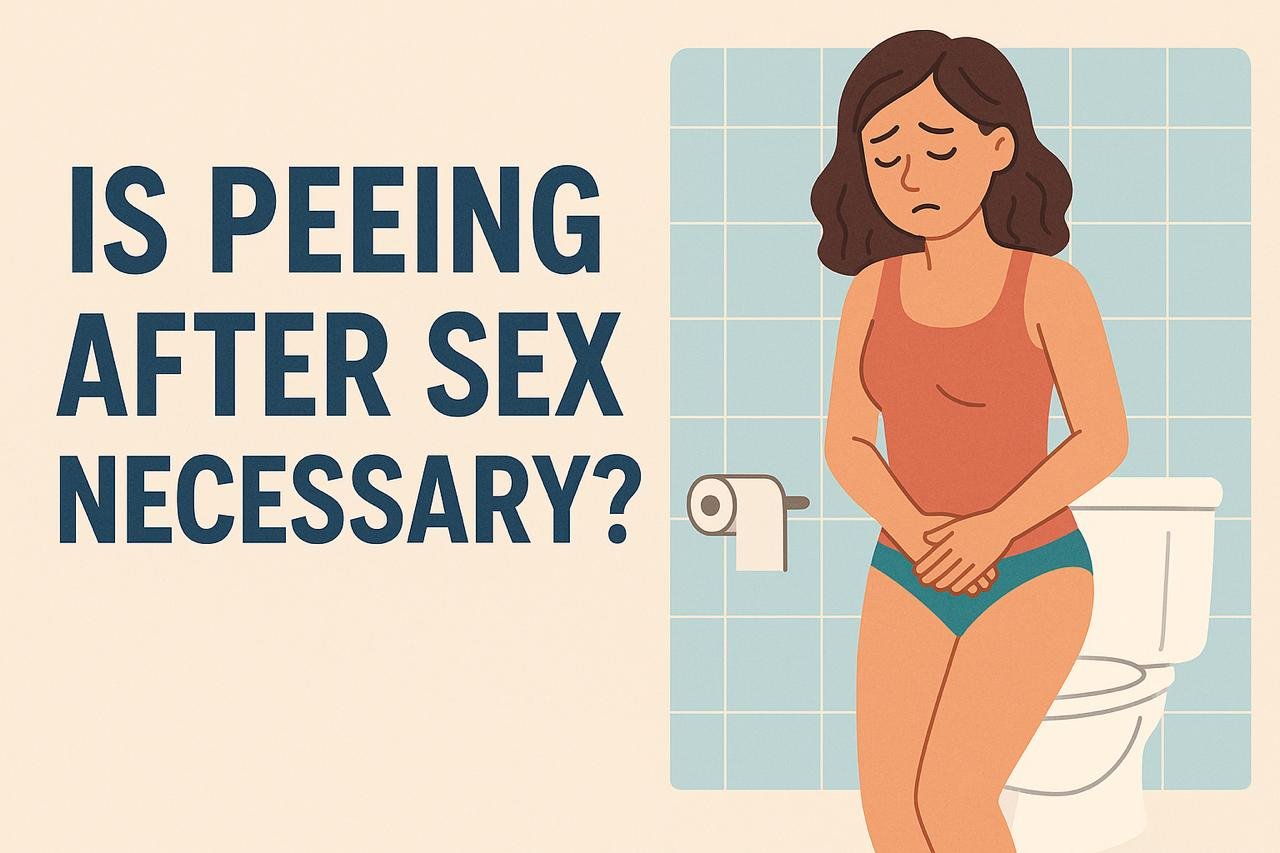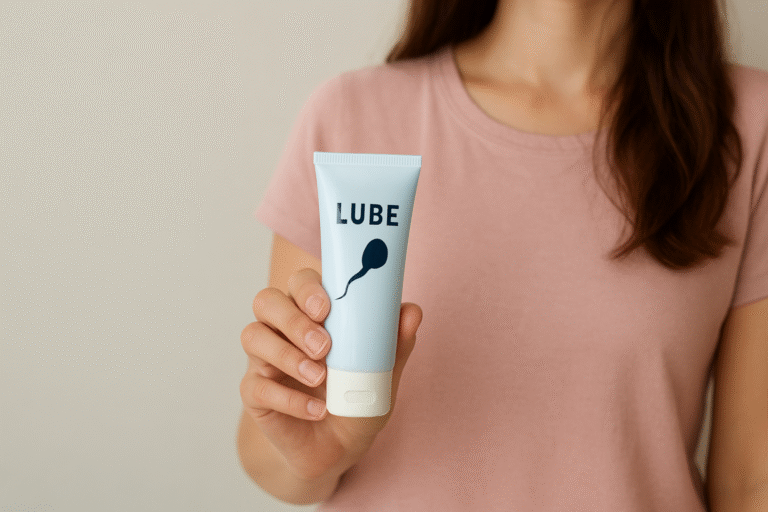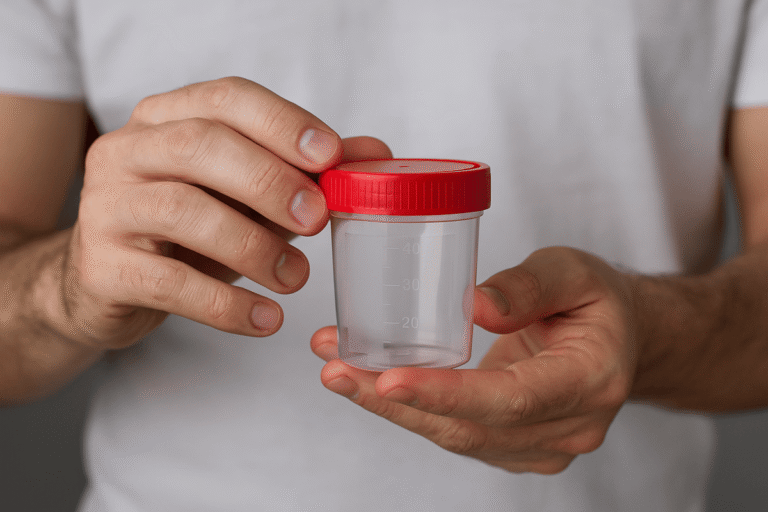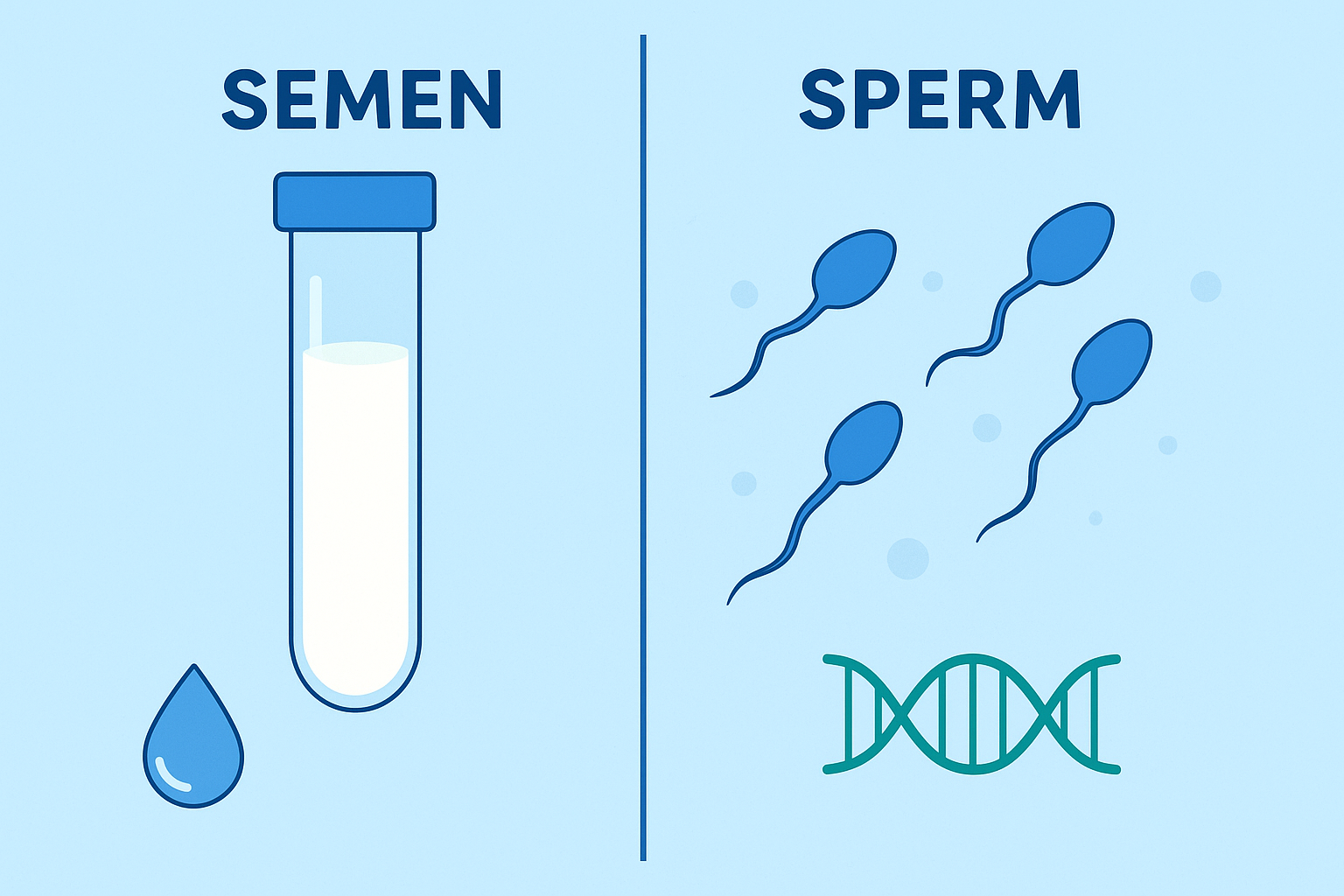Sexual activity is a deeply personal and physically intimate experience, but what happens after sex is just as important. One of the most common questions people ask is: Is peeing after sex really necessary? Alongside this, many others wonder about hygiene, soreness, infections, and other post-sex concerns. This article dives into ten frequently asked questions, offering medically accurate and practical advice to promote better sexual health and overall well-being.
Post-sex hygiene isn’t just about cleanliness, it plays a critical role in preventing infections, maintaining comfort, and improving long-term sexual wellness. Both men and women benefit from learning about their bodies and adopting simple routines that support their health. This comprehensive guide answers your top questions and dispels common myths surrounding what’s really necessary after sex.
Also read: A Comprehensive Guide to Fertility Supplements
1. Is Peeing After Sex Really Necessary?
Yes, especially for women. Peeing after sex helps flush out bacteria that may have entered the urethra during intercourse, significantly reducing the risk of urinary tract infections (UTIs). During sex, bacteria from the genitals, anus, or even hands can enter the urethral opening and migrate to the bladder, where it can cause infection. Urination after sex helps physically expel this bacteria.
Men are generally at lower risk for UTIs due to their longer urethra and the mechanical flushing that occurs with ejaculation. However, urinating after sex can still be helpful for hygiene and comfort.
If you’re prone to UTIs, peeing after sex can be a simple yet powerful preventive measure. It’s a practice recommended by gynecologists and urologists alike.
2. How Soon Should You Pee After Sex?
The sooner, the better, ideally within 30 minutes of intercourse. The goal is to flush bacteria before it can adhere to the bladder walls and multiply. If you’re unable to pee right away, drinking a glass of water before sex can help stimulate urination afterward.
Some experts even recommend creating a post-sex hygiene routine that includes drinking water, urinating, and washing up. This habit not only reduces infection risks but can also contribute to a sense of relaxation and closure after intimacy.
3. What If I Can’t Pee Right After Sex?
If you don’t feel the urge to urinate immediately, try not to stress. Anxiety or dehydration can make it harder to urinate. A few helpful tips include:
- Drink a full glass of water before or after sex.
- Sit in a warm bath or apply a warm compress to the lower abdomen.
- Gently relax your pelvic muscles and give yourself time.
If you consistently have trouble urinating after sex, especially if you experience pain or urgency, consult a healthcare provider to rule out any underlying issues.
4. Should I Wash Immediately After Sex?
Yes, gentle cleansing after sex is highly recommended. Both partners should rinse the genital area with warm water to remove bodily fluids, sweat, and any potential irritants. Here are some important points to remember:
- Avoid harsh soaps or scented products: These can irritate sensitive skin and disrupt your natural pH balance.
- Focus on external cleaning: Vaginas are self-cleaning, and internal douching can cause more harm than good.
- Dry gently: Pat the area dry with a clean towel. Avoid rubbing, which can cause irritation.
This basic hygiene routine helps prevent infections, skin irritations, and bad odor. For people prone to yeast infections or bacterial vaginosis, it’s even more crucial.
5. Is It Normal to Feel Sore After Sex?
Yes, in some cases. Mild soreness or tenderness after sex is not uncommon, especially if it was vigorous, involved extended duration, or lacked adequate lubrication. However, chronic or severe soreness should not be ignored.
Common causes of post-sex soreness include:
- Friction due to inadequate lubrication.
- Tight pelvic floor muscles, which may cause pain during or after sex.
- Underlying health conditions, such as endometriosis or vaginismus.
- Allergic reactions to condoms, lubricants, or latex.
If you notice ongoing pain, bleeding, or pain during urination, consult a healthcare provider. Pelvic exams, STI screenings, or discussions about your sexual practices can help identify the root cause.
6. Can You Get a UTI from Sex?
Yes, sexual activity is a leading cause of UTIs, especially in women. The urethra in females is shorter and located close to the vagina and anus, making it easy for bacteria (especially E. coli) to travel into the bladder during intercourse.
Preventive measures include:
- Peeing before and after sex.
- Washing hands and genitals before intimacy.
- Using lubrication to reduce friction.
- Avoiding spermicides, which may irritate the urethra and alter vaginal flora.
Some individuals with recurring UTIs may be prescribed prophylactic antibiotics to take after sex. If you experience UTIs frequently, consult your doctor for personalised prevention strategies.
7. Should You Always Use the Bathroom Before Sex Too?
Urinating before sex can be helpful for comfort, especially if you have a full bladder. However, for women prone to UTIs, some experts suggest avoiding pre-sex urination. A full bladder may help during post-sex urination by creating more pressure to flush bacteria from the urethra.
Ultimately, this is a personal choice. Listen to your body. If you’re more comfortable going beforehand, that’s okay—but don’t skip peeing afterward if UTI prevention is your goal.
8. How Important Is Aftercare in Sex?
Aftercare is often overlooked but incredibly valuable for both emotional and physical well-being. Sex can be intense, and aftercare helps ground you, foster connection, and address any post-activity needs.
Emotional Aftercare:
- Cuddling or physical touch.
- Open communication about how each partner feels.
- Verbal reassurance or compliments.
Physical Aftercare:
- Cleaning up together.
- Drinking water.
- Addressing any irritation or soreness.
Practicing aftercare builds intimacy, encourages consent-based communication, and fosters trust in your relationship.
9. What Are Common Post-Sex Infections or Irritations?
Post-sex infections and irritations are more common than many realize. Here are the most frequently encountered issues:
- Urinary Tract Infections (UTIs): Symptoms include burning during urination, frequent urge to pee, and pelvic discomfort.
- Yeast Infections: Look out for thick white discharge, itching, and redness.
- Bacterial Vaginosis (BV): Characterized by grayish discharge with a fishy odor.
- Sexually Transmitted Infections (STIs): Some may not show symptoms immediately but can still be transmitted.
- Allergic Reactions: Latex, lubricants, or chemicals in scented products can trigger itching or rashes.
Maintaining good hygiene, using hypoallergenic products, and getting regular STI screenings can help prevent and identify issues early.
10. Is It Okay to Fall Asleep Right After Sex?
Feeling sleepy after sex is completely normal. The release of oxytocin, prolactin, and endorphins naturally promotes relaxation and drowsiness. However, it’s best to take a few minutes to:
- Pee and wash up.
- Drink water.
- Address any irritation or emotional needs.
These steps ensure you stay healthy and comfortable. Once your body is cared for, go ahead and enjoy that post-sex nap without guilt.
Bonus Tips for Better Post-Sex Hygiene
- Change sheets regularly to prevent bacterial buildup.
- Use condoms correctly to reduce STI risk and control mess.
- Keep intimate wipes on hand for a quick clean-up when a full wash isn’t possible.
- Avoid tight underwear or synthetic fabrics post-sex to allow the area to breathe.
- Hydrate to assist your body in flushing out toxins and staying balanced.
Does peeing after sex prevent pregnancy?
Peeing after sex doesn’t prevent pregnancy. Pregnancy occurs when sperm fertilizes an egg, which can happen if sperm enters the vagina, usually during vaginal intercourse. Peeing after sex might help with urinary health by flushing out bacteria and reducing the risk of urinary tract infections (UTIs), but it has no impact on pregnancy prevention.
To prevent pregnancy, you would need to use contraception, like birth control pills, condoms, IUDs, or other methods. If you’re concerned about pregnancy or contraception, it’s always a good idea to speak with a healthcare professional.
Conclusion
Post-sex hygiene is more than just a routine. it’s an essential part of caring for your body and your relationships. Peeing after sex, especially for women, is a scientifically supported way to reduce the risk of UTIs. But beyond urination, there are several small, impactful habits that contribute to better sexual health.
By understanding what’s necessary and why, you can make informed decisions that support comfort, safety, and satisfaction. Whether you’re in a long-term relationship or exploring new connections, practicing good post-sex care shows respect for your body and your partner.





[…] Also read: Is Peeing After Sex Really Necessary? […]